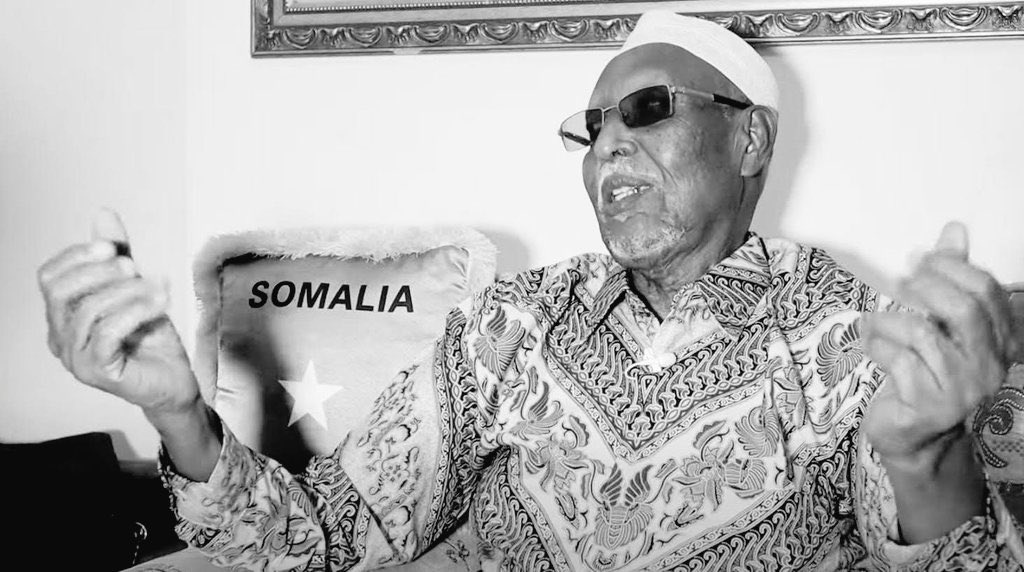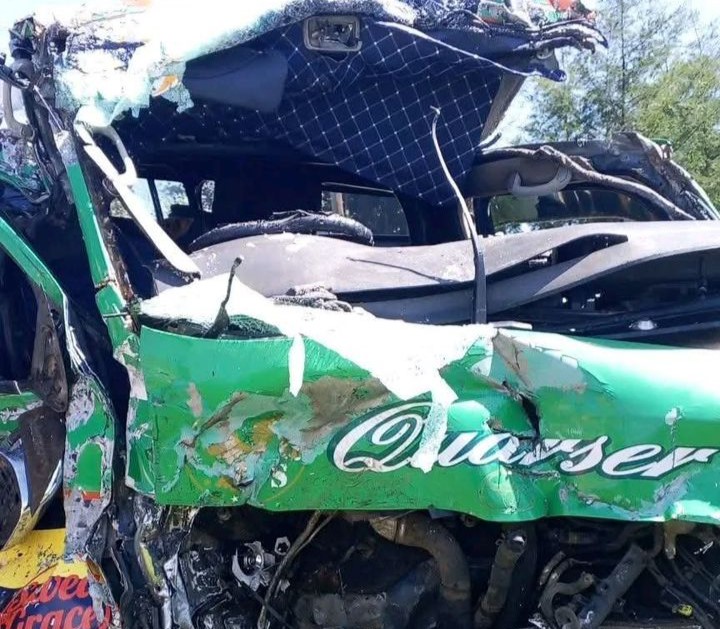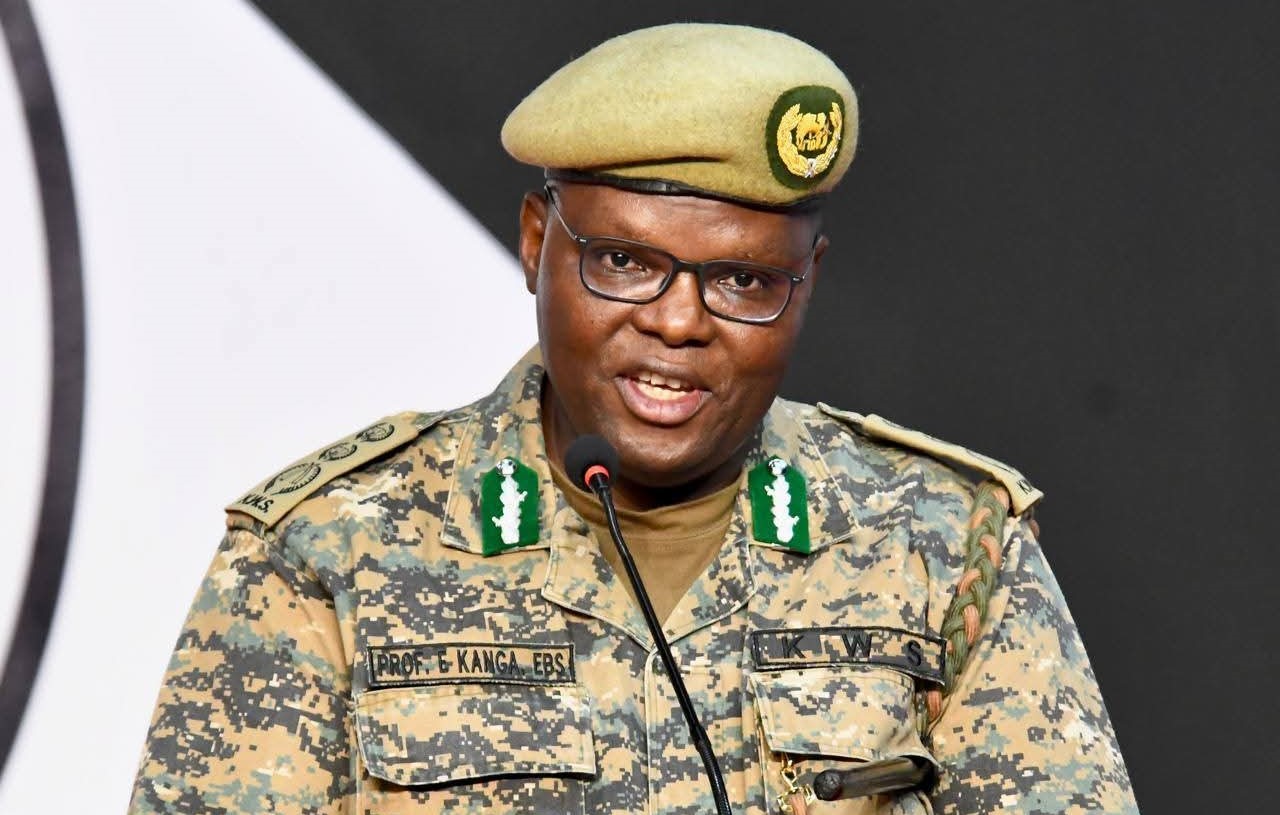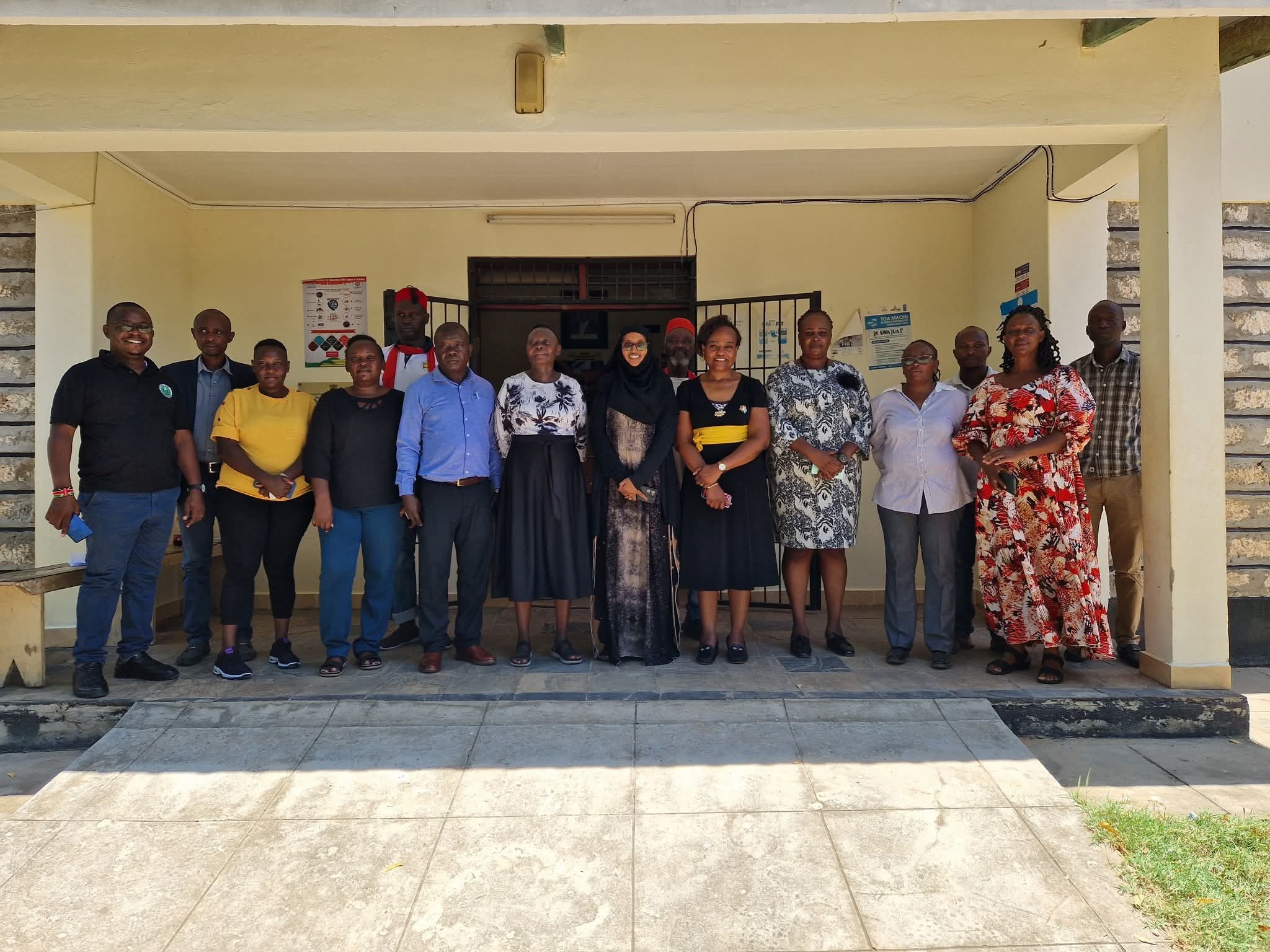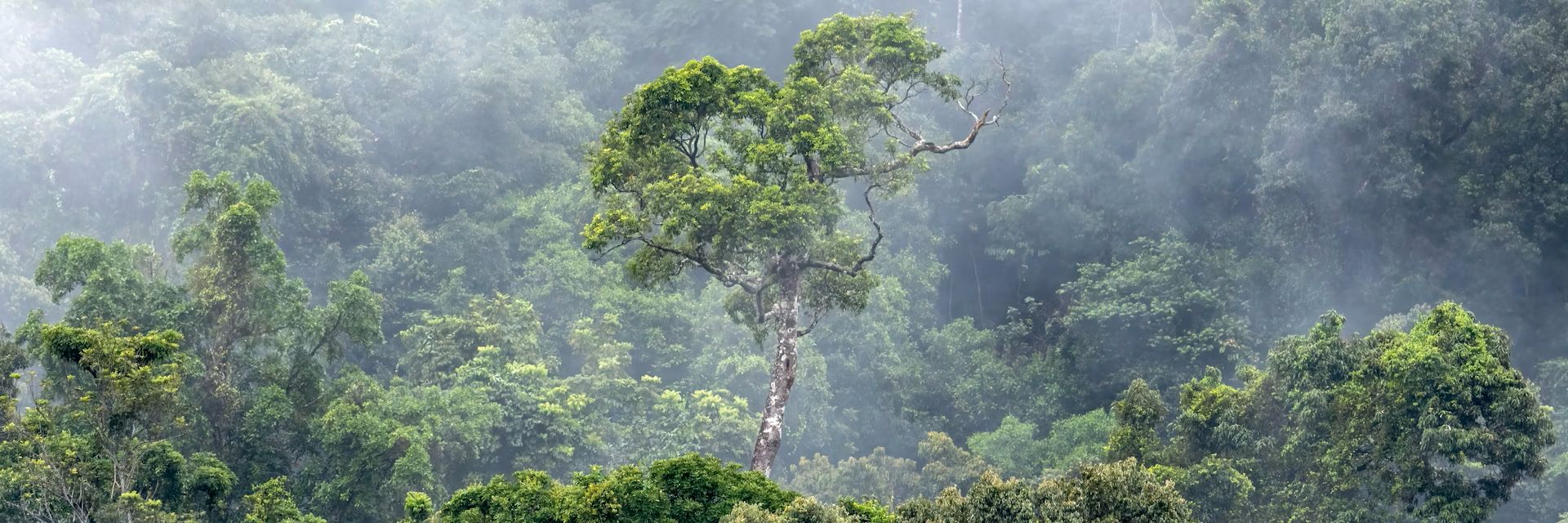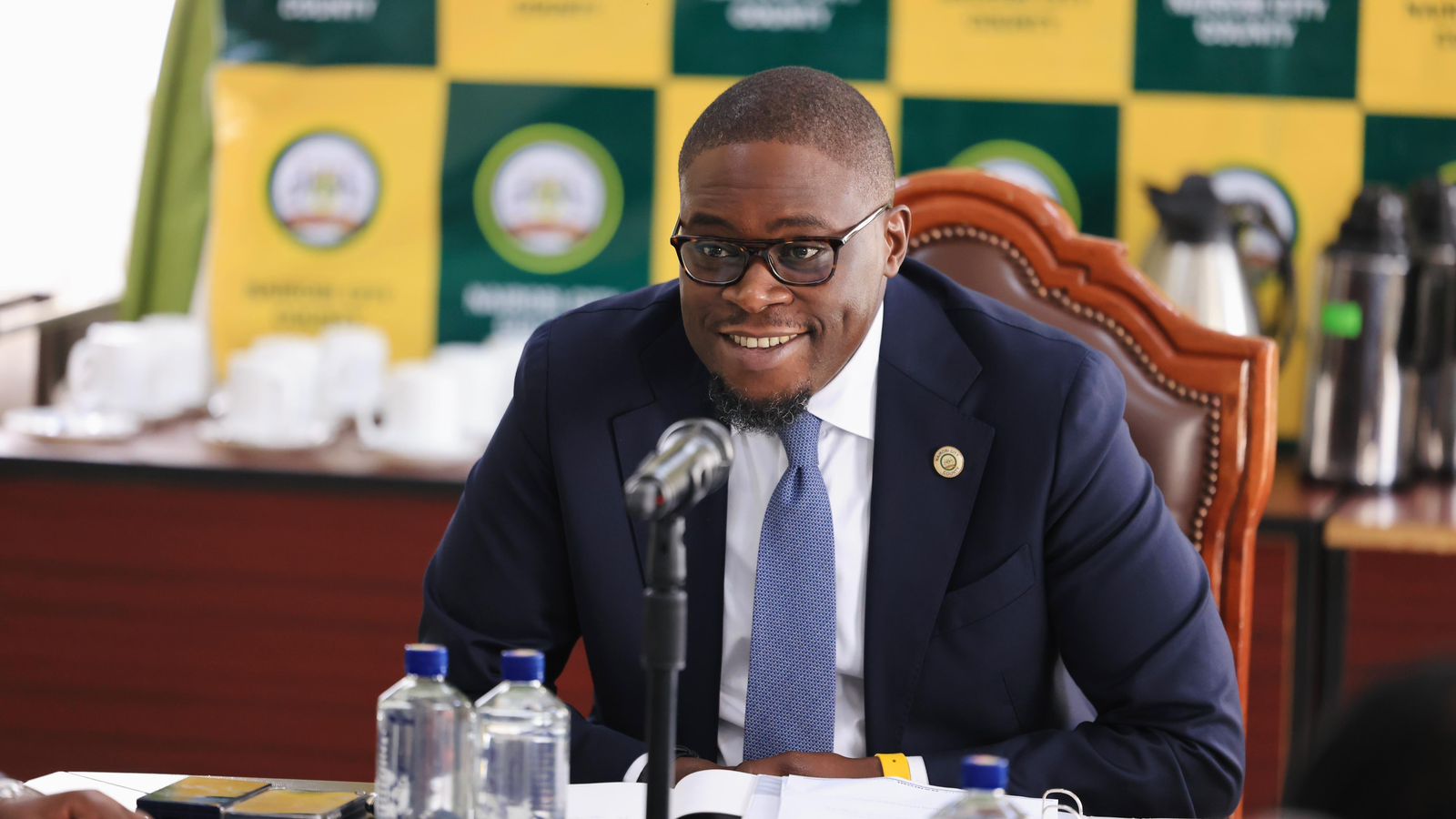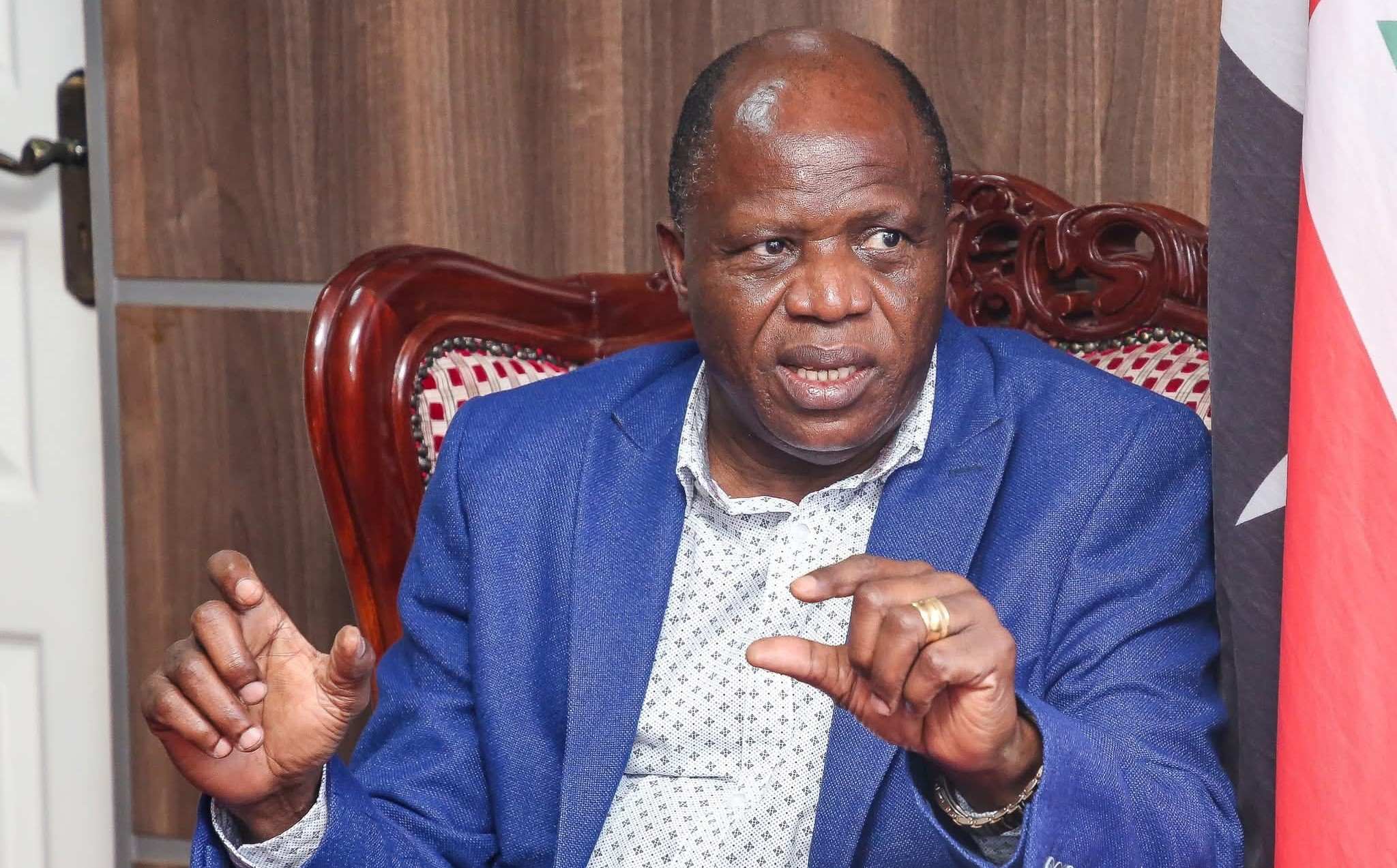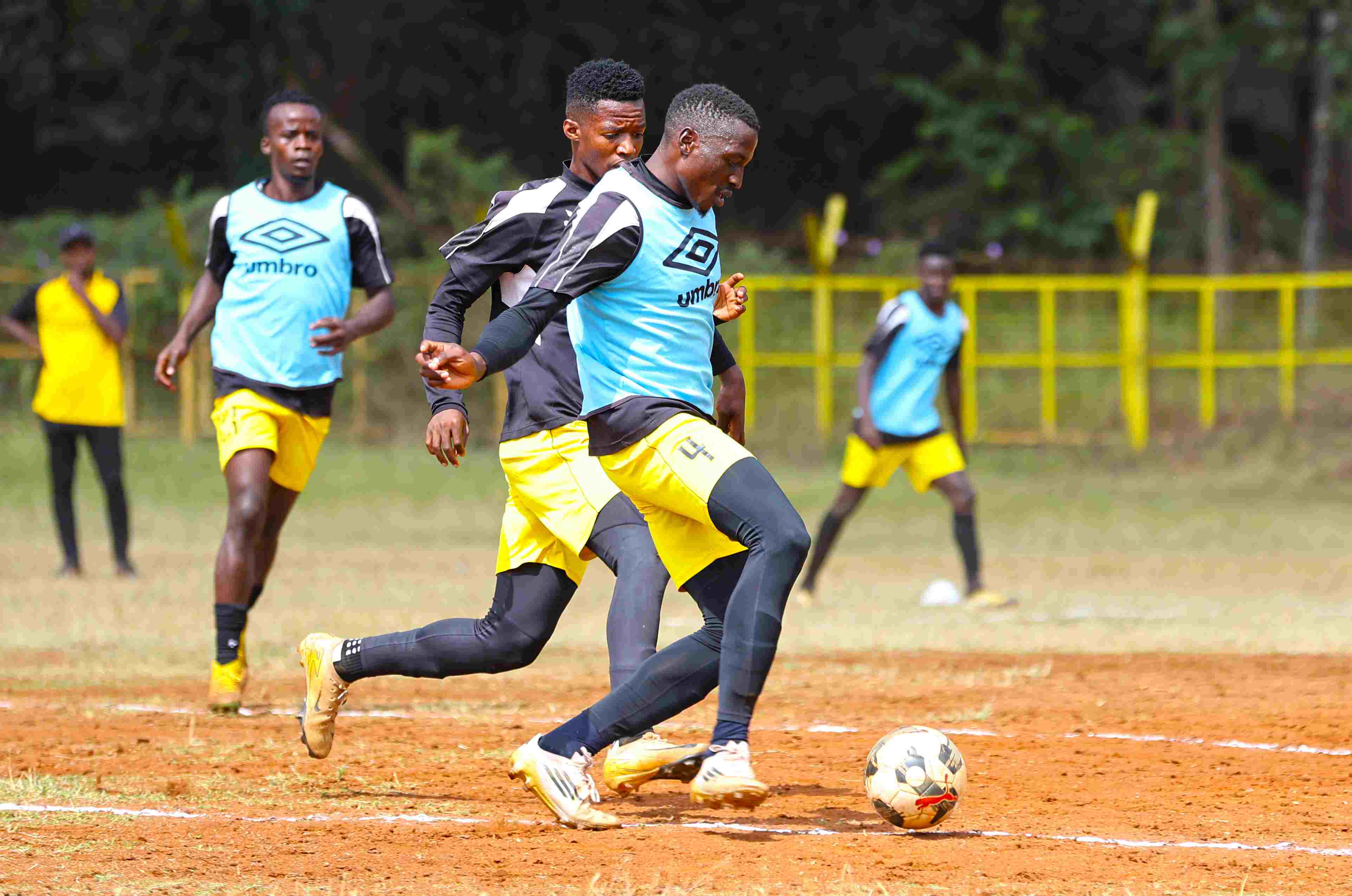Senegal's multiple crises lead to mental scars, trauma
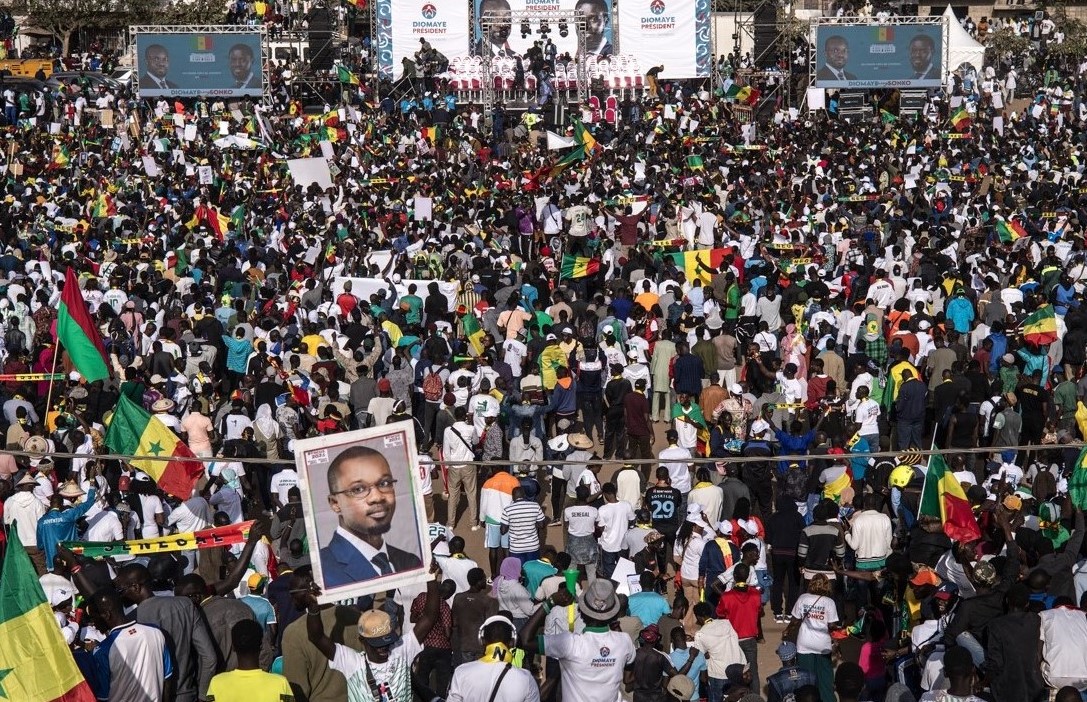
Even before the West African nation had fully emerged from the COVID-19 pandemic, it was rocked by violent riots in March 2021 triggered by the arrest of opposition figurehead Ousmane Sonko.
After weathering a slew of health and political crises in recent years, many Senegalese are grappling with mental health issues, psychologists warn.
Even before the West African nation had fully emerged from the COVID-19 pandemic, it was rocked by violent riots in March 2021 triggered by the arrest of opposition figurehead Ousmane Sonko.
More To Read
- Thiaroye massacre: report on the French killing of Senegalese troops in 1944 exposes a painful history
- Senegal, Chad accuse French President Macron of 'contempt' over remarks on African 'ingratitude'
- Senegal's top court confirms ruling party's big parliamentary election win
- Senegal ruling party claims victory in legislative elections
- Senegal votes for lawmakers in test for President Faye
- Senegal President Faye names 'breakaway' government
Senegal has since witnessed several bouts of unrest which have resulted in dozens of deaths, thousands of injuries and hundreds of arrests.
Most recently, President Macky Sall's postponement of the February presidential election unleashed angry protests which left four people dead.
Health experts are calling for better support for those suffering from a range of symptoms including anxiety, sleep disorders and mental exhaustion.
"We had barely emerged from Covid that we fell into this situation of chaos and great confusion," psychologist Serigne Mor Mbaye told AFP.
"We came out of a trauma that we hadn't healed from when we fell into another," he added.
"From that moment on, you notice a lot of behavioural problems, sleep disorders, anxieties... It has a lasting impact on people's mental health," said Mbaye, who has worked in crisis-wracked countries, including the Central African Republic, Mali and Niger.
The families of those detained during the unrest have particularly suffered from the psychological fallout.
The son of 57-year-old Maman Lucie is a close associate of Sonko and was imprisoned from March 20, 2023 to March 4, 2024.
"I couldn't sleep at night. I was always anxious. I was on the internet until the early hours of the morning," she said.
"All this is going to have a negative impact on my health later on, I'm sure".
Dieynaba Ndiaye, a social psychology lecturer and researcher at Cheikh Anta Diop University in Dakar, said there was an "arrest-related trauma for many people who have never had any problems with the law".
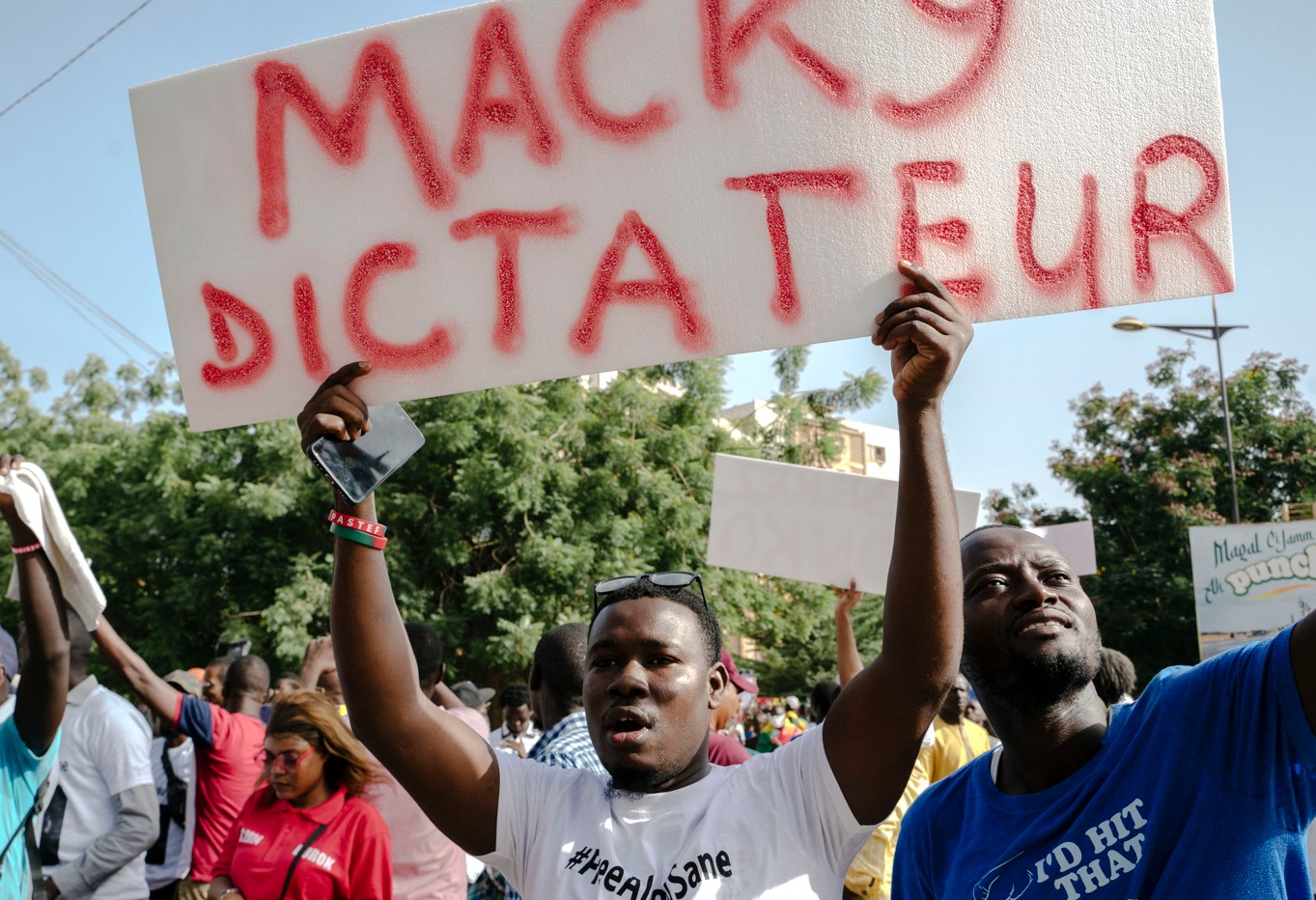 An opposition supporter holds a placard reading "Macky dictator" during a rally held in Dakar on October 27, 2023, to demand the release of detained Senegalese opposition leader Ousmane Sonko and all political prisoners. (Photo: Carmen Abd Ali/ AFP)
An opposition supporter holds a placard reading "Macky dictator" during a rally held in Dakar on October 27, 2023, to demand the release of detained Senegalese opposition leader Ousmane Sonko and all political prisoners. (Photo: Carmen Abd Ali/ AFP)
'Reflection of despair'
Doctor Abdoulaye Bousso, who was at the forefront of Senegal's COVID-19 strategy, said the impact of the pandemic was far greater than that of recent political events.
"Here, when we have a political problem, we deal with it and move on," he said.
But the two psychologists said the turmoil had particularly hit hard many of Senegal's under-25s, who make up 60 per cent of the population.
The pandemic put an immediate halt on several years of growth, with economic activity hit again by the repercussions of the war in Ukraine.
Mbaye said this combination helped explain why tens of thousands have taken the often deadly Atlantic route to try and reach Europe in recent years.
"It's a reflection of a despair that wasn't there before, of people saying 'We don't believe in it any more, we're giving up,'" agreed Ndiaye.
But she also emphasised there had been an immense outpouring of solidarity during recent crises, including blood and monetary donations.
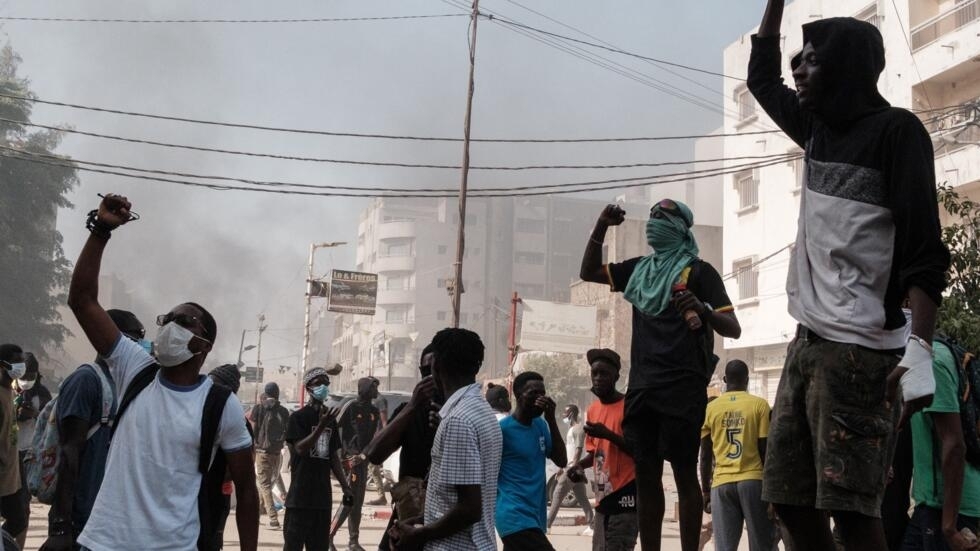 Protesters in Dakar shout slogans during clashes with police on the sidelines of a protest against a last-minute delay of presidential elections in Senegal on February 9, 2024. (Photo: Guy Peterson/ AFP)
Protesters in Dakar shout slogans during clashes with police on the sidelines of a protest against a last-minute delay of presidential elections in Senegal on February 9, 2024. (Photo: Guy Peterson/ AFP)
Lack of psychologists
Psychologist Mbaye is working to set up counselling centres in areas where there are high levels of irregular migration.
He is calling for similar treatment for the hundreds of detainees who have been released or are about to be freed under a recently passed amnesty law.
"We need to pay particular attention to prisoners. You have young people who have been thrown into prison, young people who went to school, who had their own business. These people are going to be affected," Dr Bousso added.
But there are less than 30 clinical psychologists in Senegal according to Ndiaye, who said healthcare professionals should be trained to provide initial counselling before referring the most severe cases to psychologists or psychiatrists.
The psychology department at Dakar University closed in 1968 and did not reopen until 2021.
The first graduating class has not yet completed its course.
Top Stories Today

